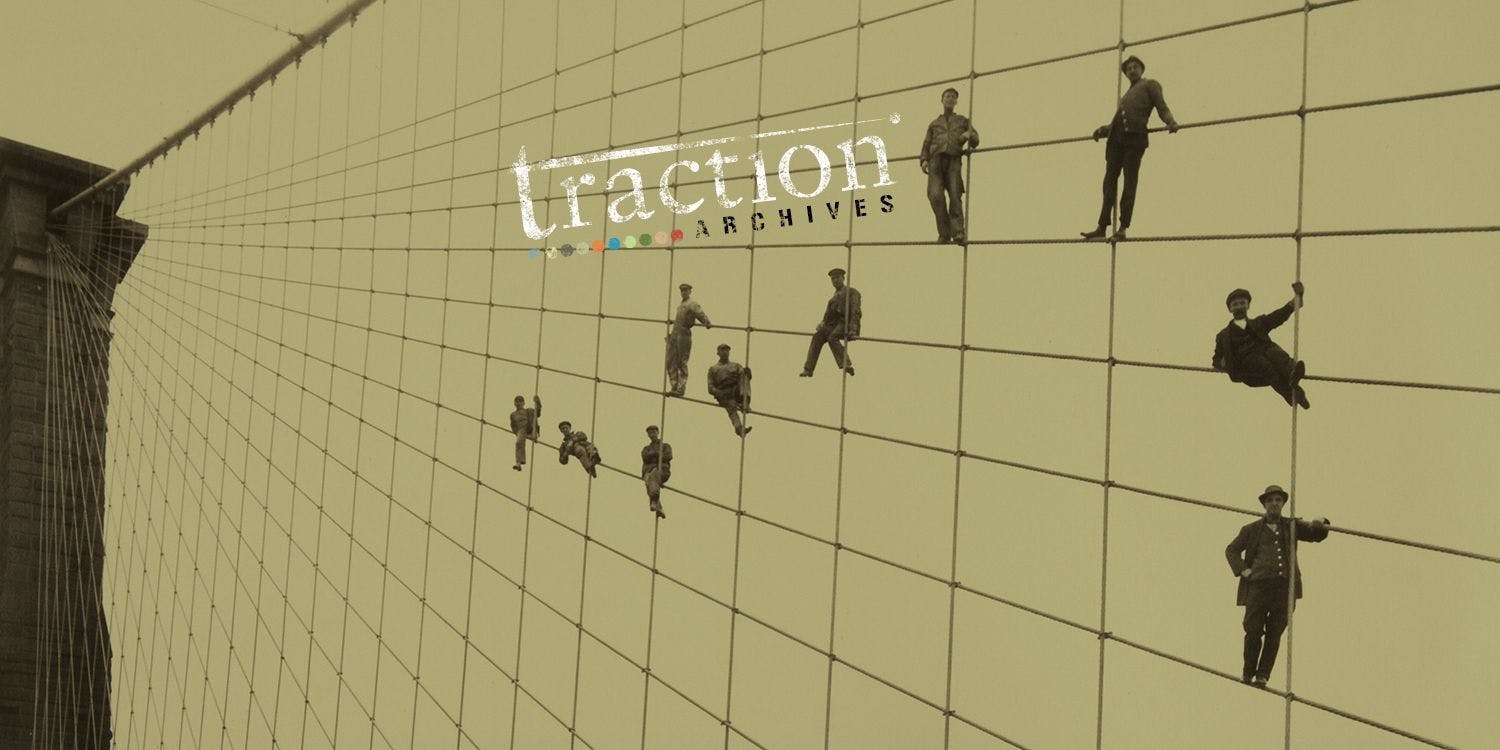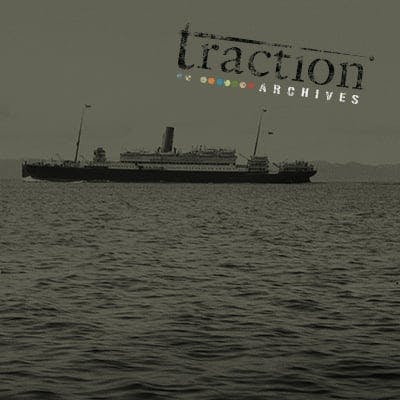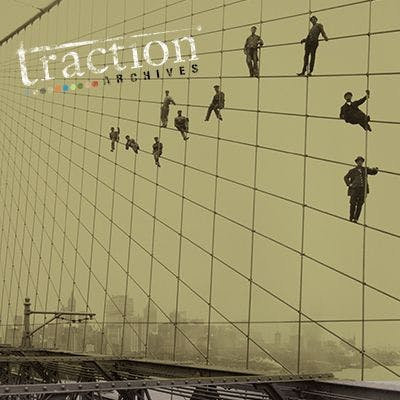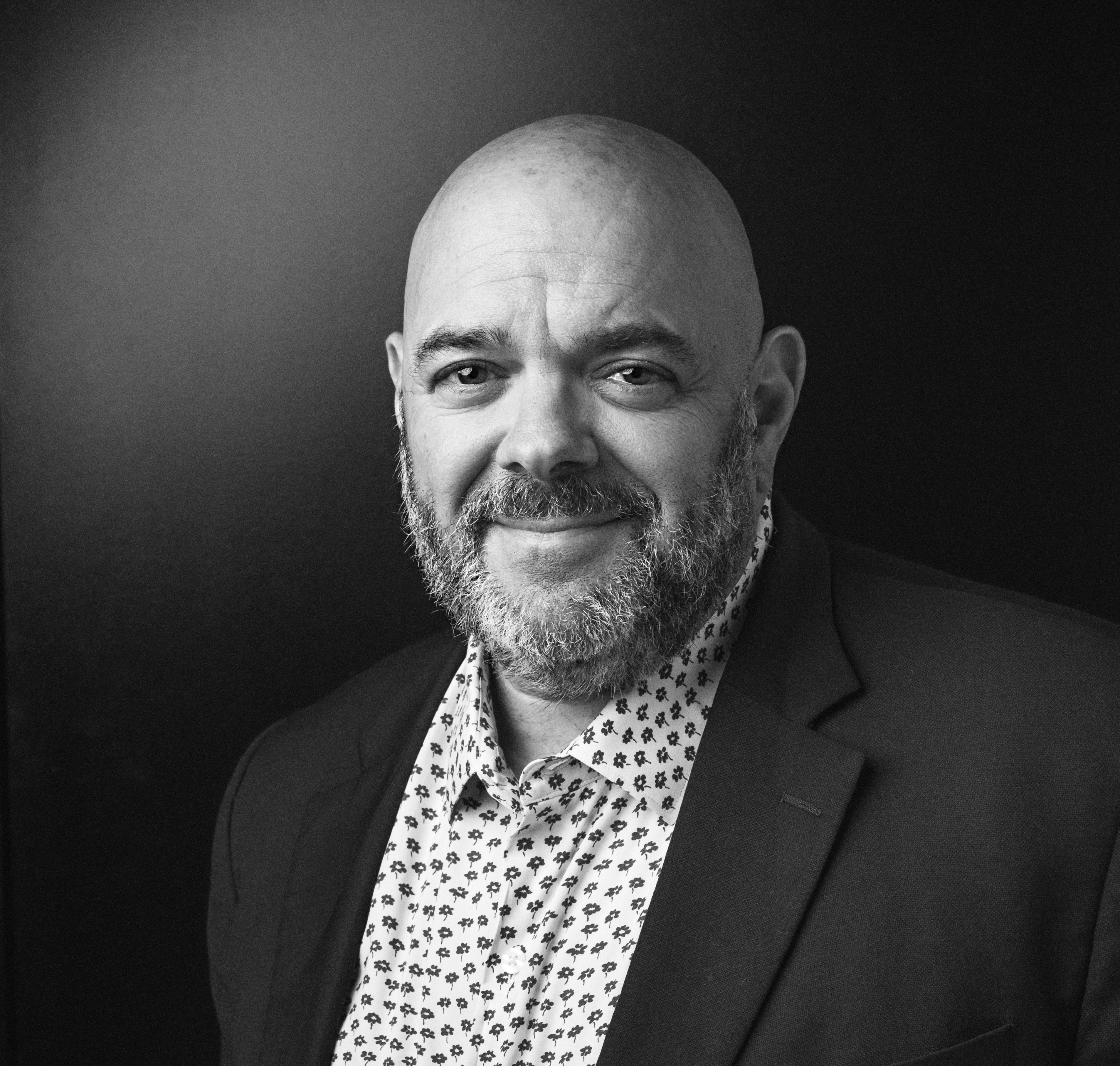Tai Chi for Business, Lesson 1

By Adam Kleinberg
For the past five years, I have practiced tai chi with the disciple of a great master in Beijing. My teacher is very wise.
Of the many lessons I have learned, there are several that I apply to my life in business. So much so, that I've considered writing a book about them. For now, however, I'll begin with a series of blog posts I'm calling Tai Chi for Business.
Lesson 1. Focus on what you can do.
On Saturday, I participated in a four hour Tai chi intensive. Yes, it was intense. My teacher broke down the most basic movements we have learned, layer by layer, inch by inch bringing us a small step closer to understanding the underlying meaning of the movement.
His master back in China is a 95-year old man who has uncommon mastery of this martial art (think of Master Oogway, the turtle in Kung Fu Panda) and uncommon wisdom, He tells my teacher frequently, "Don't waste time."
Time is precious. We don't have much of it. Yet too many of us waste it by focusing on what we can't do.
What happens when we focus on what we can't do? We fret. We feel bad. We create stories in our head about why we need to do the things we can't do.
The road to mastery lies in focusing on what we can do.
This is why we practice Tai chi. In our practice, we don't focus on the movements we can't do. We focus on the ones we can. We do them over and over. We practice. We understand them more deeply and get better at them. We move toward mastery of them.
From what I understand of Chinese philosophy and how it applies to Tai chi (and Chinese medicine), there is a parallel between mind and body and feeling. We cultivate one to bring them all into alignment.
By focusing on what we can do, we move toward mastery of it. Sure, that can be one of these movements, but what else can we master by applying this principle?
Certainly there are things we as individuals—or companies—can focus on that we can do, and move ourselves toward doing them masterfully.
This is why the art of brand positioning begins with an internal audit of your company and customer perceptions. To understand how to position yourself outward, you must first understand who it is you truly are. What can you do?
Effective positioning must be true. It must have a "can" at its foundation. Once a company understands that, they can focus on it. Perhaps become the best in the world at it. Without that understanding, without that focus, they will always be pushing against the wind.
Of course this can affect you personally as well. How do you define your career? Do you send cover letters to companies in search of "pretty much any position" or have you taken the time to understand your strengths, honed them and crafter true skill that will be of undoubted value to a potential employer?
You can.
That is all for today, young grasshopper.

A few months ago, I spoke on a panel about brand APIs put on by Mashery with the heads of Open API programs at PayPal, NetFlix and Best Buy.

On page 10 of Traction's employee handbook, right in between the sections on "Voting Leave" and "Military Leave," is a little section called "The Burning Man Policy."

Traction is honored to be included on the iMedia 2011 list of key West Coast agencies that are pushing the boundaries of digital media.
